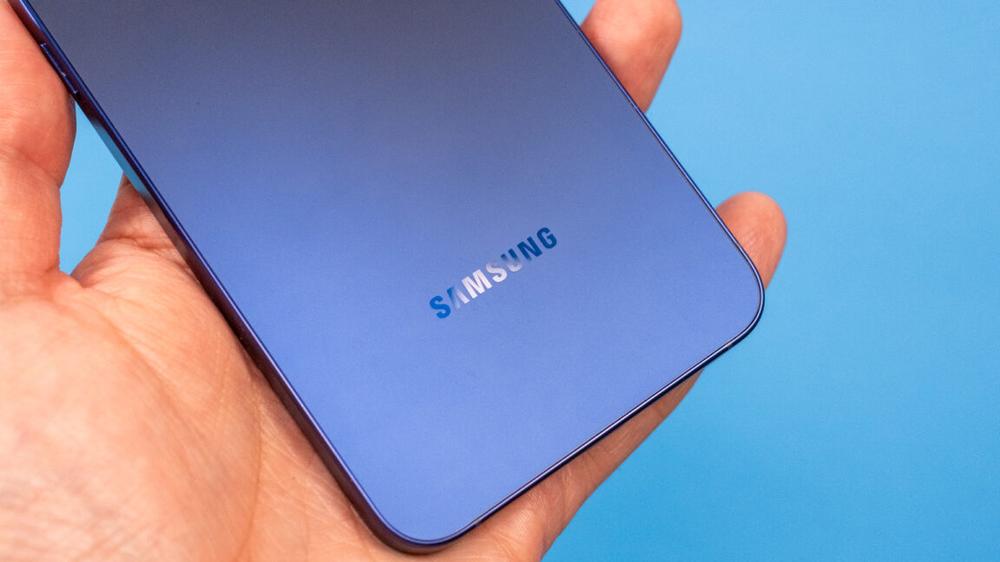Epic Games, buoyed by the massive success of Fortnite, has spent the last few years throwing elbows in the mobile industry to get its app store on more phones. It scored an antitrust win against Google in late 2023, and the following year it went after Samsung for deploying "Auto Blocker" on its Android phones, which would make it harder for users to install the Epic Games Store. Now, the parties have settled the case just days before Samsung will unveil its latest phones.
The Epic Store drama began several years ago when the company defied Google and Apple rules about accepting outside payments in the mega-popular Fortnite. Both stores pulled the app, and Epic sued. Apple emerged victorious, with Fortnite only returning to the iPhone recently. Google, however, lost the case after Epic showed it worked behind the scenes to stymie the development of app stores like Epic's.
Google is still working to avoid penalties in that long-running case, but Epic thought it smelled a conspiracy last year. It filed a similar lawsuit against Samsung, accusing it of implementing a feature to block third-party app stores. The issue comes down to the addition of a feature to Samsung phones called Auto Blocker, which is similar to Google's new Advanced Protection in Android 16. It protects against attacks over USB, disables link previews, and scans apps more often for malicious activity. Most importantly, it blocks app sideloading. Without sideloading, there's no way to install the Epic Games Store or any of the content inside it.
Auto Blocker is enabled by default on Samsung phones, but users can opt-out during setup. Epic claimed in its suit that the sudden inclusion of this feature was a sign that Google was working with Samsung to stand in the way of alternative app stores again. Epic has apparently gotten what it wanted from Samsung—CEO Tim Sweeny has announced that Epic is dropping the case in light of a new settlement.
Addressing concerns
No one will talk about the nature of the agreement yet, with Sweeny stating only that Samsung "will address Epic's concerns." We can make some guesses, though, as Epic's demands were clear from the start. Sweeny said last year that he wanted Samsung to stop making Auto Blocker the default or to create a whitelist of apps that could bypass the installation block. We'll probably find out which option won out soon.
On Wednesday (July 9), Samsung will reveal the Galaxy Z Fold 7 and Z Flip 7. If, upon setting up the phones, users are not opted-in to Auto Blocker, that would answer the question. It's also possible that Epic and other approved third-party stores will be given special access in Auto Blocker mode, which may help Samsung retain some security enhancements while still giving Epic what it wants.
A more interesting outcome would be if Samsung made a deal to bundle the Epic Games Store on its new phones. This is exactly the kind of deal Epic was pursuing several years ago. Google worked to kill such partnerships behind the scenes out of fear it could hurt Play Store revenue, which helped hand it a defeat in the antitrust case.

 Ancient skull may have been half human, half Neanderthal child
Ancient skull may have been half human, half Neanderthal child